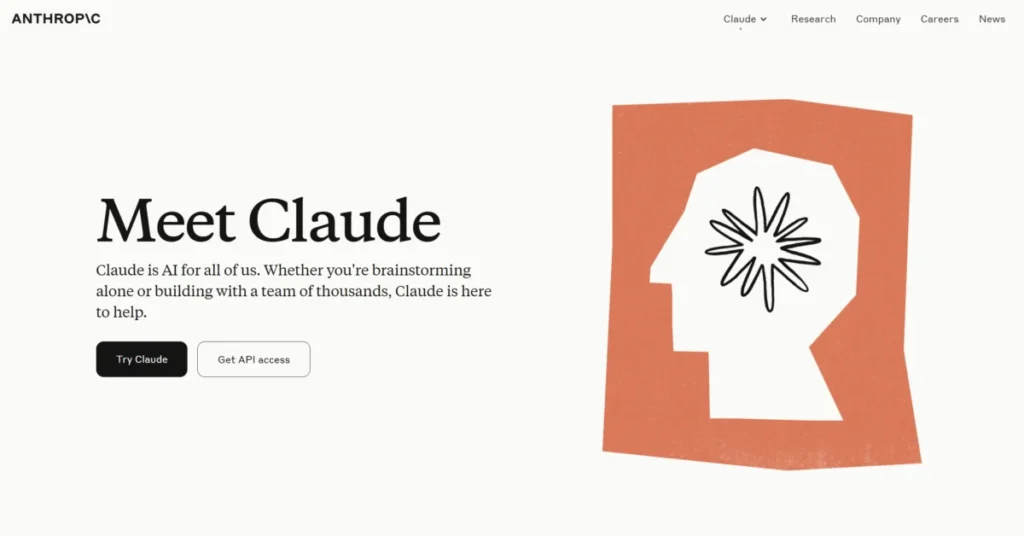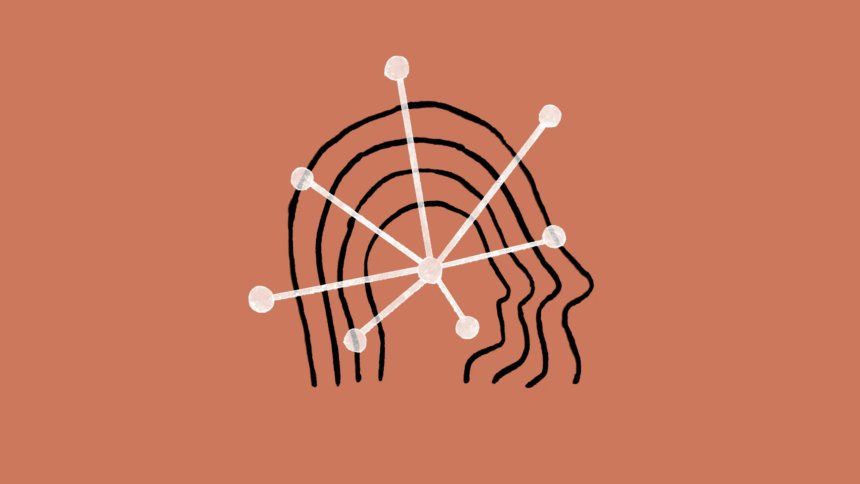Artificial intelligence startup Anthropic introduces two powerful new AI models, Claude Opus 4 and Claude Sonnet 4, designed to work nearly an entire workday independently. These models handle complex tasks with minimal human intervention, including advanced software coding, reasoning, and project management.
What’s Happening & Why This Matters
Anthropic’s breakthrough brings AI closer to being a true virtual coworker, capable of thinking deeply, maintaining long-term focus, and completing large projects autonomously. This development could transform how businesses and individuals use AI in daily workflows.
AI That Works Like You Do
According to Anthropic, Claude Opus 4 is one of the world’s best coding AI models. It can autonomously debug, optimize, and generate complex code over several hours. For example, Japanese e-commerce giant Rakuten tested Opus 4 for seven continuous hours without human input.
Scott White, product lead for Claude.ai, explains that Claude is suited for automating mundane yet necessary tasks that consume a significant portion of the workday. It frees users to focus on higher-level, more creative activities.

The AI can analyze data from platforms like Facebook and Google Ads, identify trends, and propose new marketing strategies, demonstrating its ability to think critically over extended periods.
Growth and Competition
Enterprise investment in generative AI soared sixfold in 2024, as reported by Menlo Ventures, which also backs Anthropic. Anthropic is rapidly expanding its market share, challenging leaders like OpenAI.
Competitors such as Google and Microsoft simultaneously release advanced AI coding assistants like Jules and improvements to GitHub Copilot. Meanwhile, Apple reportedly collaborates with Anthropic on a code-writing AI tool, signaling a growing industry-wide focus on AI-enhanced software development.

AI and Workplace
Experts warn that AI will change job dynamics, with many entry-level roles at risk of automation. The World Economic Forum’s Future of Jobs report predicts 41% of employers plan workforce reductions due to AI integration.
Anthropic’s leadership emphasizes AI’s potential to help users grow skills beyond formal education, like engineers designing visuals without prior training. However, they also call for government and industry collaboration to responsibly manage AI’s societal impacts.
TF Summary: What’s Next
Claude Opus 4 and Sonnet 4 showcase AI’s ability to sustain focus and handle complex coding tasks over full workdays. As AI becomes a virtual collaborator, companies and workers must adapt to new roles and workflows.
Regulators, developers, and users weigh innovation with workforce impacts, ensuring AI tools empower rather than displace.
— Text-to-Speech (TTS) provided by gspeech


